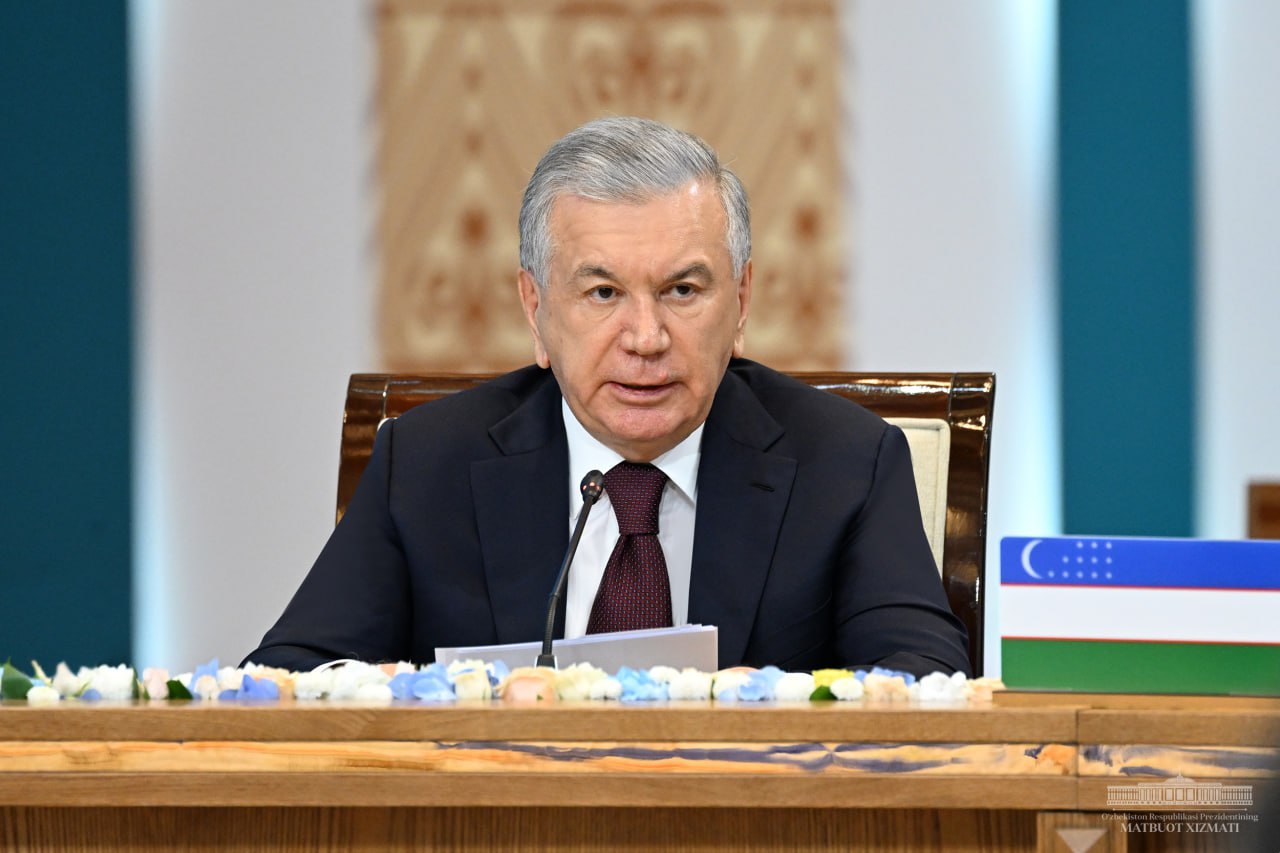Shavkat Mirziyoyev has been a pivotal figure in Uzbekistan’s political landscape since 2016, and his recent electoral triumph in July 2023 solidifies his influence. This article sheds light on his journey, from his early life to the sweeping reforms that have reshaped Uzbekistan during his presidency.
Early Life and Scholarly Pursuits
Born on July 14, 1957, to a family of medical professionals in the Jizzakh region of Uzbekistan, Shavkat Mirziyoyev’s academic pursuits led him to graduate with a degree in mechanical engineering from the Tashkent Institute of Irrigation and Agricultural Mechanisation Engineers in 1981. His achievements extended to earning a Ph.D. in engineering, establishing him as an associate professor.
Ascension through the Ranks
Mirziyoyev’s political journey took off in 1990 when he assumed the role of a deputy in the Supreme Soviet of the Uzbek Soviet Socialist Republic. Over the years, he undertook significant responsibilities, serving as the mayor of the Mirzo-Ulugbek district of Tashkent, governor of the Jizzakh region, and mayor of the Samarkand region. Concurrently, he held the position of a deputy in the Oliy Majlis, the Uzbek Parliament, from 1995 to 2003. His tireless efforts in fostering regional development culminated in his appointment as Prime Minister of Uzbekistan in 2003, a position he held four times: in 2003, 2005, 2010, and 2015.
Presidential Leadership
Following the demise of former Uzbek President Islam Karimov in September 2016, Shavkat Mirziyoyev assumed the role of interim president and subsequently clinched the presidency in the December 2016 election.
The “Honour and Dignity” Reforms
Mirziyoyev’s presidency has been synonymous with the “honour and dignity” reforms, a comprehensive agenda encompassing:
- Political Revitalization: A commitment to infusing transparency and openness into the political system.
- Economic Empowerment: Creating a conducive business environment, economic liberalization, and eliminating the black market for foreign currencies.
- Upholding the Rule of Law: Bolstering human rights, freedom of speech, and media freedom while ensuring the rule of law.
- Social Progress: Implementing projects designed to alleviate poverty and secure long-term sustainability.
- Global Diplomacy: An unwavering focus on nurturing trust and cooperative relations within Central Asia and with global partners.
The New Uzbekistan 2022–2026 Program
Uzbekistan is now embarking on the ambitious New Uzbekistan 2022–2026 program under Mirziyoyev’s visionary leadership. This initiative seeks to consolidate prior reforms and position the nation as a leading hub for foreign investment and tourism in Central Asia. Key objectives encompass propelling economic growth, elevating per capita GDP to USD 4,000, championing free-market competition, and streamlining regulatory processes.
The Uzbekistan-2030 Strategy
The ongoing development of the Uzbekistan-2030 Strategy builds upon earlier frameworks and outlines priorities that include:
Individual Prosperity: Creating an environment that nurtures personal growth through educational reforms and poverty alleviation.
Sustainable Economic Development: Paving the way for enduring economic progress.
Environmental Stewardship: Prioritizing water conservation and environmental preservation.
Governance Enhancement: Ensuring a responsive public administration and a reformed judicial system.
A Peaceful Nation: A vision for Uzbekistan to evolve into a secure and peace-loving nation.
Conclusion
Shavkat Mirziyoyev’s presidency stands as a testament to monumental change, both domestically and on the global stage. His resolute commitment to reform and his vision for an empowered Uzbekistan underscore

Leave a Reply